people who wander from place to place hunting and gathering for food
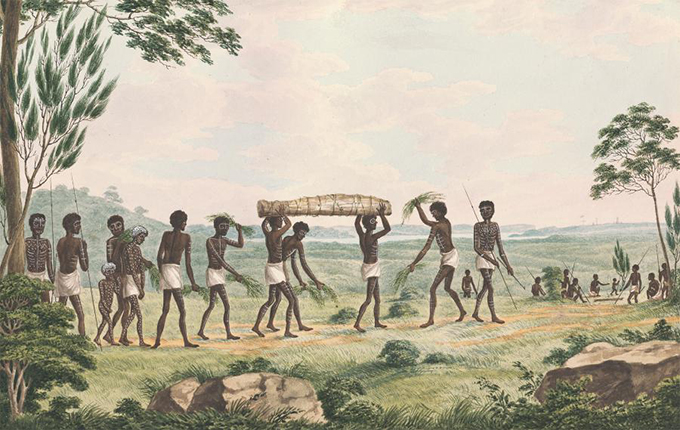
Nomads
What does the name Mesopotamia mean? What two rivers were located around ancient Mesopotamia?
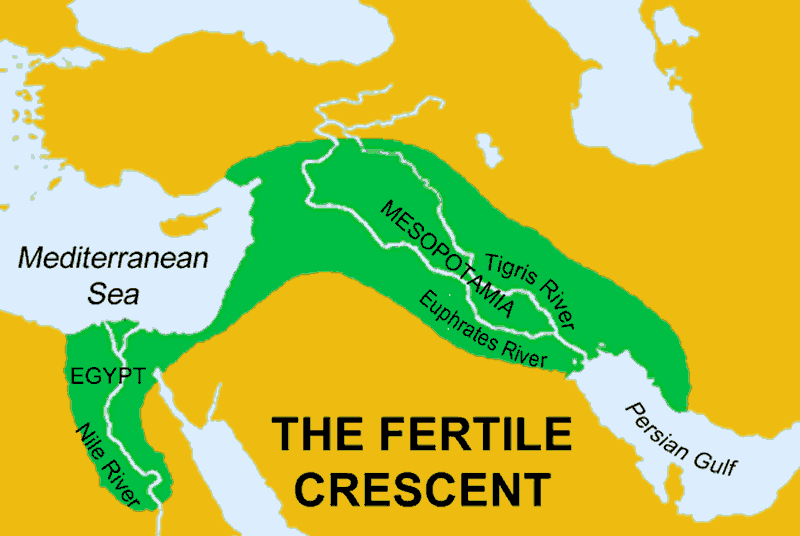
Tigris and Euphrates
These 4 early valleys developed around river valleys and led to the creation of the first civilizations

China
Mesopotamia
Egypt
Indus
Judaism is monotheistic religion. What is the different between monotheistic and polytheistic?

Mono= belief in one god
poly= belief in many gods
Different people do different tasks/jobs

Job Specialization
The Neolithic Revolution ended around what year. (hint: when the last age ended)
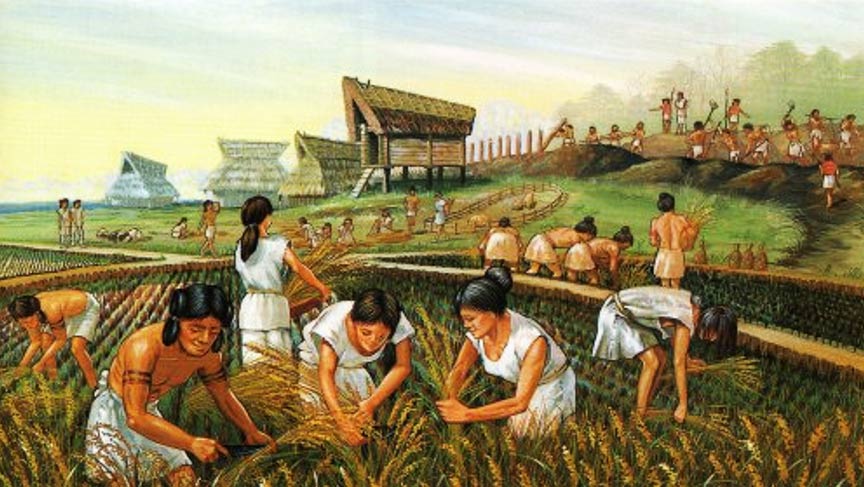
10,000 BC
method of farming whereby “steps” are built onto the slopes of hills and mountain

Terrace Farming
Early Mesopotamians used a writing system using wedge-shaped symbols on clay tablets

Cuneiform
One of the original ethnic groups in Africa

Bantu
the act of changing a wild plant or animal so it can be grown or raised by humans
Domestication
Identify three characteristics of the Paleolithic Era

Small groups of 20-50 people
Hunting and Gathering
Nomadic
Stone tools
No written records (oral history)
More egalitarian society (equal)
Used fire
used team work
the supply of water to land or crops to help growth, typically by means of channels.

Irrigation
A large arc of rich, or fertile farmland that extends from the Persian Gulf to the Mediterranean Sea. Was the birth place of the first civilization of Mesopotamia

Fertile Crescent
A civilization is a (list at least 3 characteristics of a civilization)

complex and highly organized society that includes a government, social classes, job specialization, a food surplus, writing, laws, and organized religion.
a division of a society based on social and economic status.
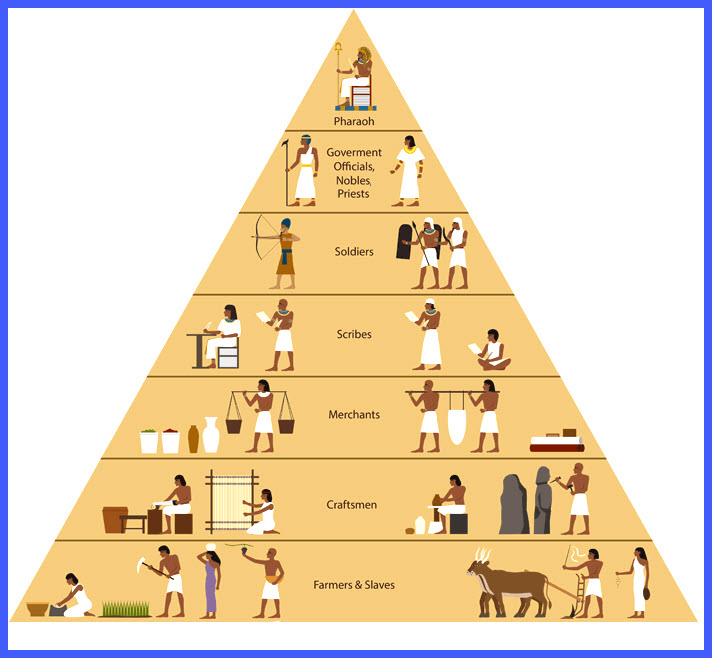
social classes
Identify two ways early humans adapted to their environment
Irrigation
Mud brick building
Terrace Farming
Farming
Tools
Explain the geographic context of Ancient Babylonia
- Located in Ancient Mesopotamia between the Tigris and Euphrates rivers
- One of many cities states located in Mesopotamia
-Located in the fertile crescent. Used the fertile land to farm crops.
- Located east of Ancient Egypt
- Located in the Middle East
Who was Hammurabi? Why was he an important figure

King of Mesopotamia
united Mesopotamia under Babylonian Empire.
Orders the codifying of the first written legal code
Ruled from 1792 BCE to 1750 BC
What does the name Mesopotamia mean? What two rivers were located around ancient Mesopotamia?

Tigris and Euphrates
naturally occurring landforms, bodies of water, ecosystems, or climates are called

Geographic Features
Why was the Neolithic Revolution a major turning point? (Identify 3 reasons)

Domestication of plants and animals
Invention of Agriculture
Permanent settlements
Rise of Cities and Civilizations
Why settle next to rivers?

The flooding created silt on land ---> fertile soil for farming.
irrigated (watered) their crops
Transportation
reliable water source
What did we learn about ancient Mesopotamia from reading the primary sources documents? (provide 2)
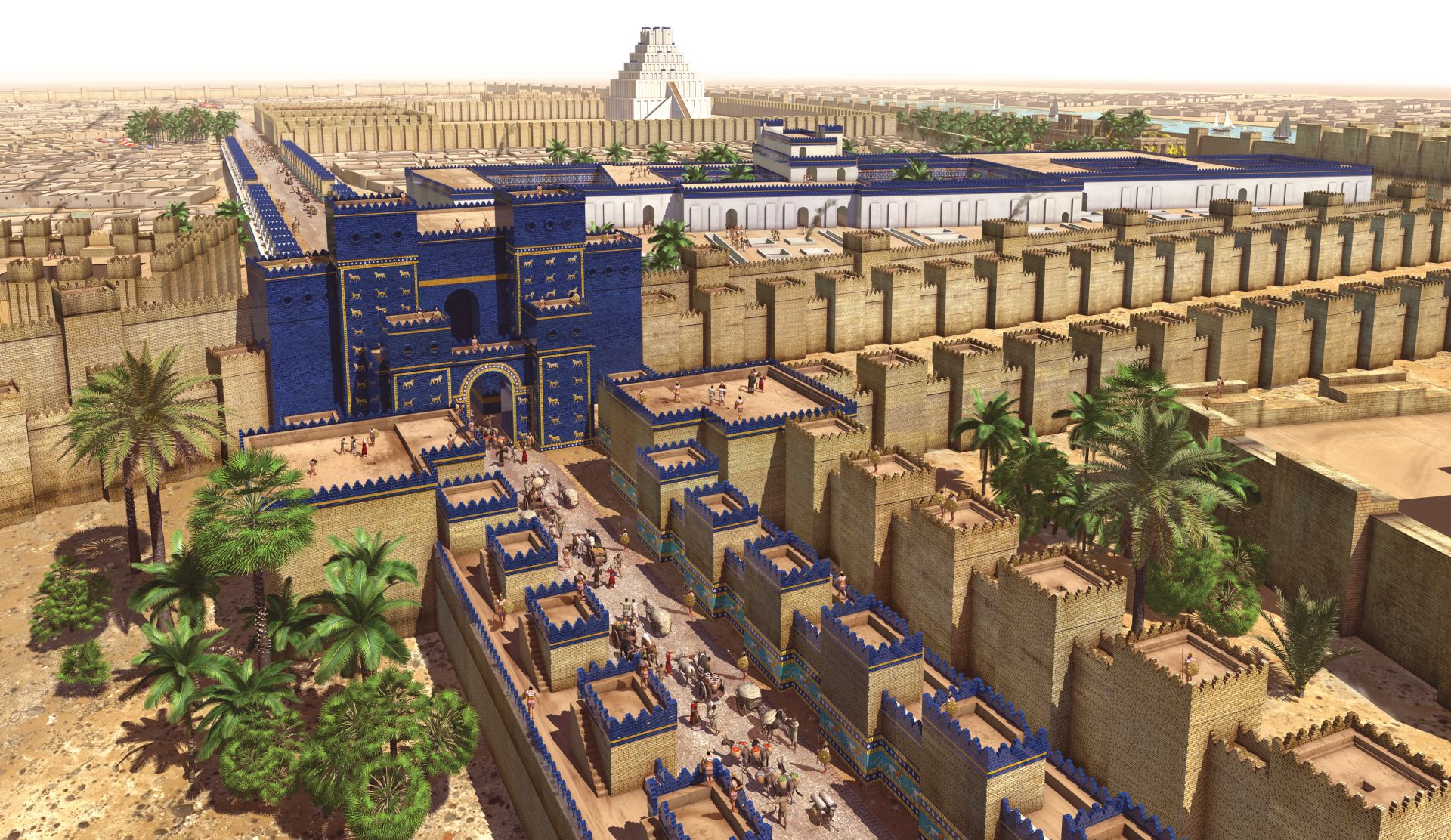
The had specific laws and punishments
They were an organized civilization
They had an economy based mostly on agriculture
They had social classes
All 3 monotheistic religions have codes of behavior issued by God that state the religious and moral/ethical obligations (duties) of followers:
The _________________- Code of behavior for Jews and Christians (i.e.- Do not kill, do not steal, do not worship false gods, etc.).
The Ten Commandments
Hammurabi was the ruler of what Mesopotamian city-state?
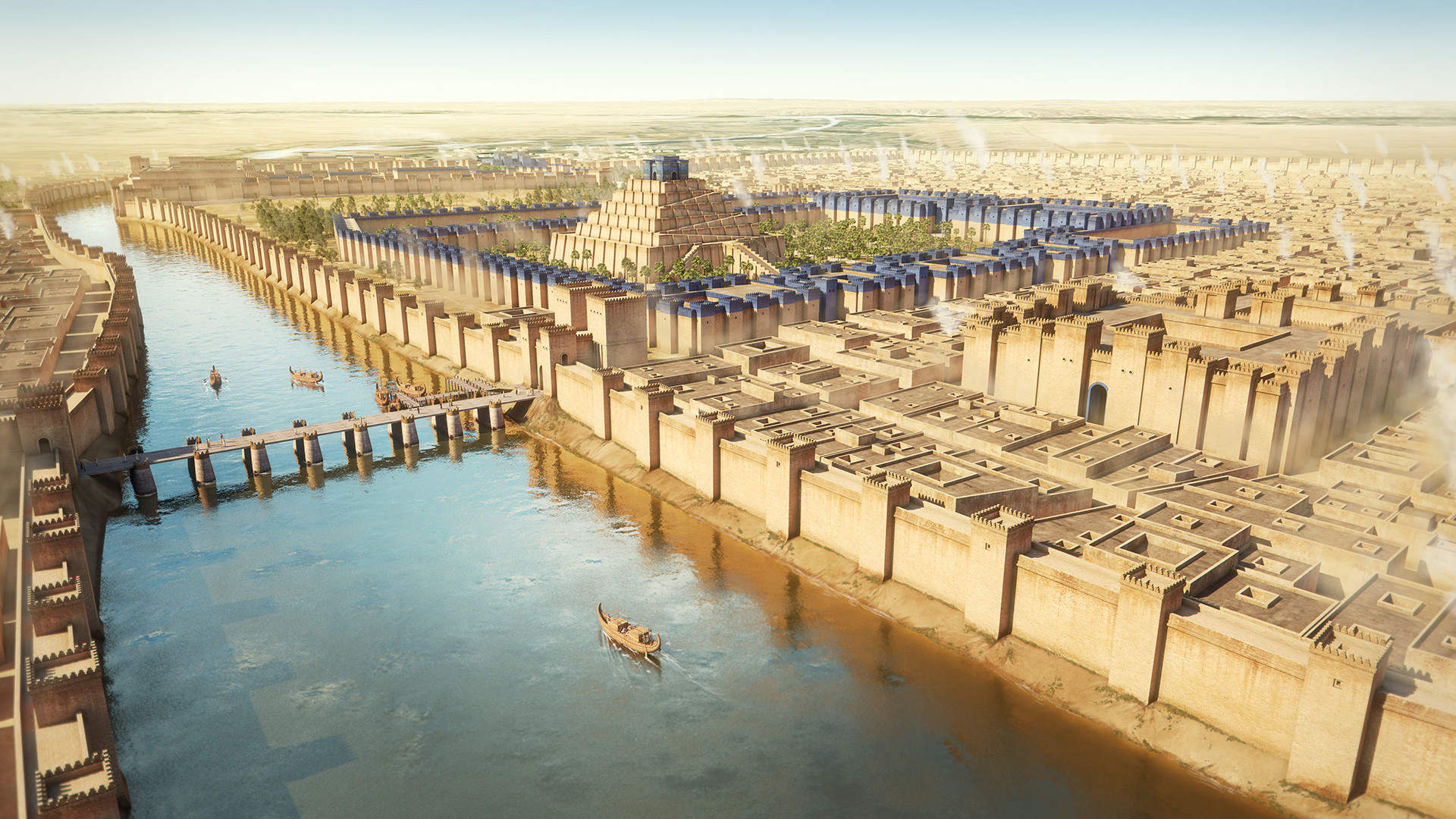
Babylon